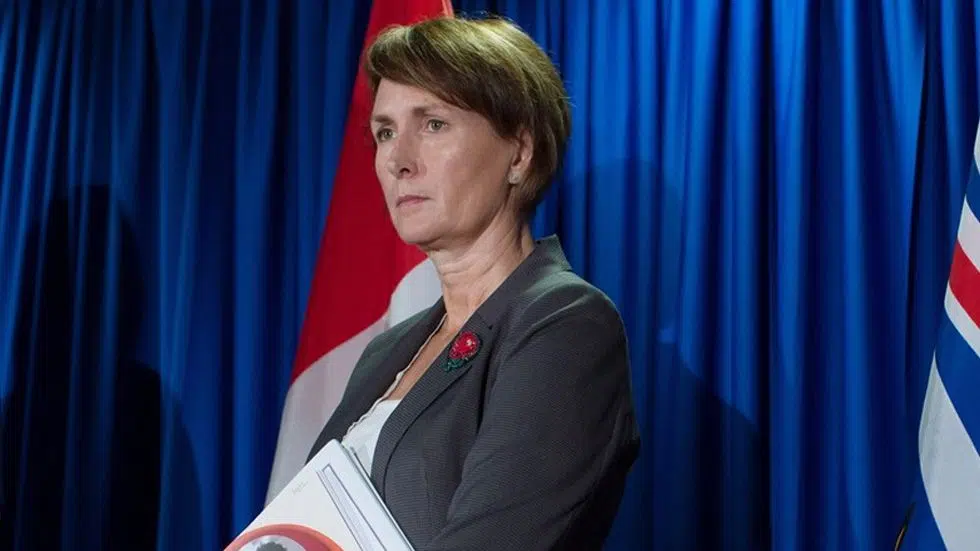
B.C. children’s rep Mary Ellen Turpel-Lafond issues to-do list on departure
VICTORIA — The woman who has been watching out for British Columbia’s children and youth for the last decade used her final report to urge the province to be accountable and focus on children.
Mary Ellen Turpel-Lafond was a fierce advocate for vulnerable young people, and often a thorn in the side of the B.C. government, and she didn’t hold back as she delivered her parting words on Monday.
“There is no resource more precious in B.C. than its children. Few would argue that and yet children have not been the focus of government in B.C. for many years,” she wrote in a report reflecting on the 10 years her office has existed.
“This government must work on its ability to own up to its shortcomings and address them. B.C.’s children deserve that much.”


